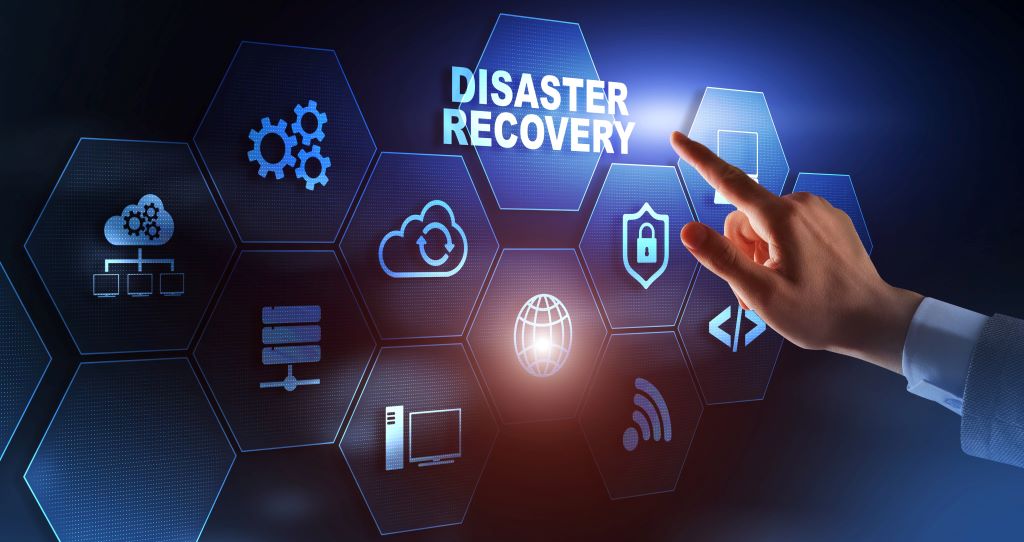Within the global economy, small and medium-sized enterprises (SMEs) play a significant role. According to the World Bank, SMEs account for roughly 90% of all businesses worldwide. And they make a substantial contribution both in terms of job creation and economic growth. However, evidence shows that SMEs can be more vulnerable to disruptions than larger organisations. For example, natural disasters, cybercrime, or a pause in production. So, we would recommend that SMEs manage your business continuity planning by having a business continuity plan (BCP) to ensure survival in the face of unexpected events.
A BCP is one proactive approach you can take to protect your business. It ensures that your business can continue to operate during and after a disruptive event. A BCP should cover all aspects of your business, including your people, processes, systems, and facilities. It should also identify your critical functions/departments and resources. That is, those which are necessary for the business to continue to operate normally and successfully.
Why is a business continuity plan important for SMEs?
There are several reasons why a BCP is critical for SMEs. Firstly, SMEs often have limited resources. So if faced with a significant unforeseen incident, they may not be as resilient as their bigger counterparts to get through the financial losses or operational interruption. Secondly, SMEs often have fewer employees. Therefore they won’t have the same level of expertise to hand, as larger organisations, to manage a crisis immediately. Finally, SMEs are often reliant on a small number of key suppliers. Consequently, a disruption to their supply chain could have a damaging impact on their business.
What is ISO certification?
ISO certification is a globally recognised standard which can support SMEs to develop and implement an effective BCP. The ISO 22301 standard provides a step-by-step approach for business continuity management (BCM) and outlines the requirements for a BCP. The standard touches on every element of BCM. Typically, this includes risk assessment, business impact analysis, strategy development, and the implementation and testing of the plan.
ISO certification can benefit your SME in several ways. For example, it provides assurance to your stakeholders, who may include your customers, suppliers, and investors, that you have implemented best practices for BCM. This can enhance your company’s reputation and help you to attract and win new business. Also, ISO certification can help you to identify and resolve performance gaps in your BCM processes. This leads to increased efficiency and cost savings. Additionally, ISO certification can help you to comply with legal and regulatory requirements related to business continuity.
“Events over the last few years have shown that unexpected events can happen quickly, with no warning, and have devastating impacts for businesses of all sizes, and particularly SMEs. We are committed to supporting you to strengthen and protect your business by achieving ISO certification with ease, in the most cost-effective and time-efficient way possible.”
Claire Howard, Director, ISO-Cert Online Limited
For more information on ISO-Cert Online’s services or to discuss your requirements please contact us on 0333 014 7720 or email info@isocertonline.net.












Recent Comments